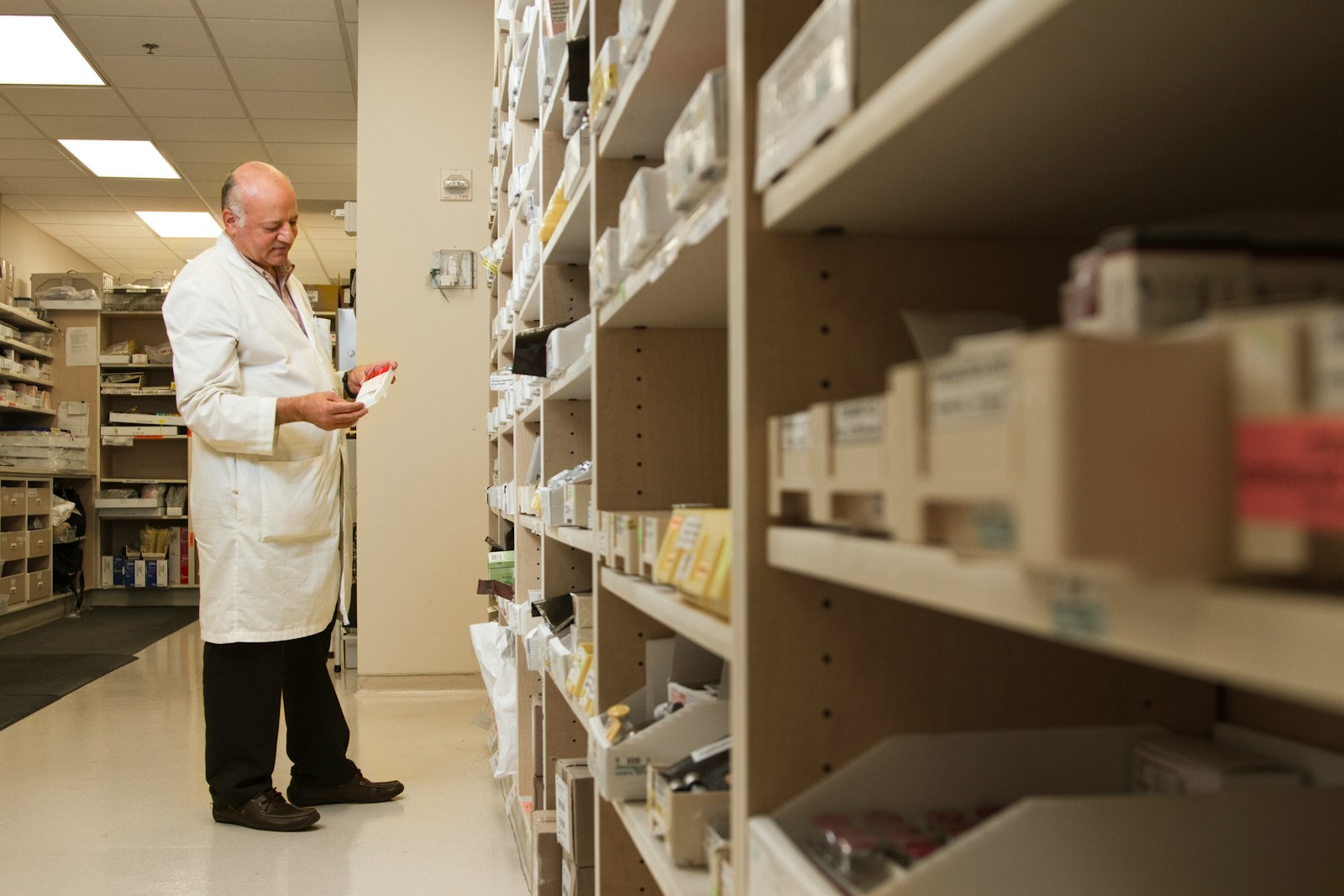Welcome to an enlightening exploration of the evolving practices in pharmaceutical care and management. As our understanding of healthcare evolves, so too does the approach to pharmaceutical care. This article endeavors to shed light on the significant progresses and innovations within the realm of pharmaceutical care and its management.
Covering everything from the goal of pharmaceutical care to practical pharmaceutical care examples, this piece is aimed at broadening your horizons on the subject. Whether you’re a healthcare professional, a student, or simply an individual keen on expanding your knowledge, this article is tailored for you. Dive into a comprehensive guide that discusses the pharmaceutical care plan, its management, benefits, and much more, ensuring you walk away with valuable insights.
Understanding the Goal of Pharmaceutical Care: Unveiling the Core Objectives
When we talk about the goal of pharmaceutical care, we're focusing on a crucial aspect of modern healthcare. Simply put, the primary objective is to ensure that patients achieve specific, desired health outcomes that improve their quality of life.

This involves a collaborative process where pharmacists work directly with patients and other healthcare professionals to design, implement, and monitor a therapeutic plan that will meet the individual health needs of the patient.
Effective pharmaceutical care goes beyond merely dispensing medications.
It requires a comprehensive approach to patient health and wellness. This means assessing the patient's total health picture, identifying potential medication-related issues, and working proactively to prevent or resolve those issues.
The ultimate aim is to enhance patient outcomes, increase patient satisfaction with their treatment, and optimize their medication regimen's effectiveness and safety. By prioritizing these outcomes, pharmaceutical care plays a pivotal role in the broader healthcare delivery system, striving for a future where every patient receives personalized, effective, and safe medication management.
Crafting an Effective Pharmaceutical Care Plan: A Step-by-Step Guide
A pharmaceutical care plan is a structured approach to ensuring that a patient's medication regimen supports their overall health goals effectively and safely.
The process begins with a thorough patient assessment, where a pharmacist evaluates the patient's health status, medication history, and any potential barriers to optimal care. The next step involves setting clear, achievable objectives tailored to the patient's needs and conditions.
Creating an effective plan requires collaboration among the patient, pharmacist, and other healthcare professionals to identify the most appropriate therapies. Monitoring and follow-up are crucial aspects of the plan, allowing for adjustments based on the patient's response to treatment.
This proactive, patient-centric approach ensures not only the efficacy and safety of the medication regimen but also empowers patients through education and engagement in their care. A well-crafted pharmaceutical care plan is a dynamic document that evolves with the patient's healthcare journey, a cornerstone of personalized medicine.
Engaging in Pharmaceutical Care Management: Strategies for Success
The realm of pharmaceutical care management involves orchestrating and optimizing the delivery of medication-related patient care. Facilitated by the pharmaceutical care management association and similar entities, this facet of healthcare emphasizes a structured, systematic approach to ensure therapeutic goals for the patient are met efficiently.

Key strategies include the integration of technology for better patient data management, fostering robust communication channels among healthcare teams, and continuous professional education for pharmacists.
A successful management strategy also involves staying abreast of the latest pharmaceutical research, guidelines, and best practices to anticipate patient needs and adapt care plans accordingly.
This ensures that patients receive the most current and effective care possible.
Furthermore, engaging patients in their treatment plans, setting realistic expectations, and providing continuous support and counseling are essential elements of effective pharmaceutical care management. By adhering to these strategies, healthcare providers can significantly enhance patient outcomes, satisfaction, and overall healthcare quality.
Exploring Examples of Pharmaceutical Care: Real-World Applications
Pharmaceutical care serves as a bridge between traditional medication dispensing and comprehensive patient health management. Examples of pharmaceutical care in action often highlight the pharmacist's role in identifying potential drug interactions, managing chronic diseases, and providing medication therapy management.
For instance, a pharmacist may work closely with a patient who has diabetes to tailor a medication regimen that not only controls blood sugar levels but also mitigates the risk of adverse side effects.
Other real-world applications include pharmacists conducting medication reviews for elderly patients, ensuring their complex regimens do not lead to harmful interactions or complications.
By offering vaccinations, health screenings, and lifestyle counseling, pharmacists extend their role beyond the pharmacy counter, actively contributing to public health initiatives. These services exemplify the vast potential of pharmaceutical care in enhancing patient safety, promoting health and well-being, and preventing disease, showcasing the integral role of pharmacists in the broader healthcare ecosystem.
The Vast Benefits of Pharmaceutical Care: Improving Patient Outcomes
Implementing effective pharmaceutical care brings forth a multitude of benefits, significantly impacting patient health outcomes. First and foremost, personalized medication management fosters safer medication use, reducing the risk of adverse drug events and hospital readmissions.

Patients engaged in their pharmaceutical care plans generally exhibit improved adherence to their medication regimens, a key factor in achieving optimal therapeutic outcomes.
Furthermore, pharmaceutical care emphasizes preventive health measures, which can lead to early detection of health issues and prompt intervention. This proactive approach not only prevents complications but also contributes to better long-term health and reduced healthcare costs.
By addressing the whole patient rather than just their symptoms, pharmaceutical care supports a more holistic approach to health, where mental, emotional, and physical well-being are considered in concert.
In summary, pharmaceutical care transforms the patient-pharmacist relationship into a dynamic partnership focused on achieving the best possible health outcomes. Through individualized care, comprehensive support, and active patient involvement, pharmaceutical care undeniably enriches the quality of healthcare delivery and patient satisfaction.